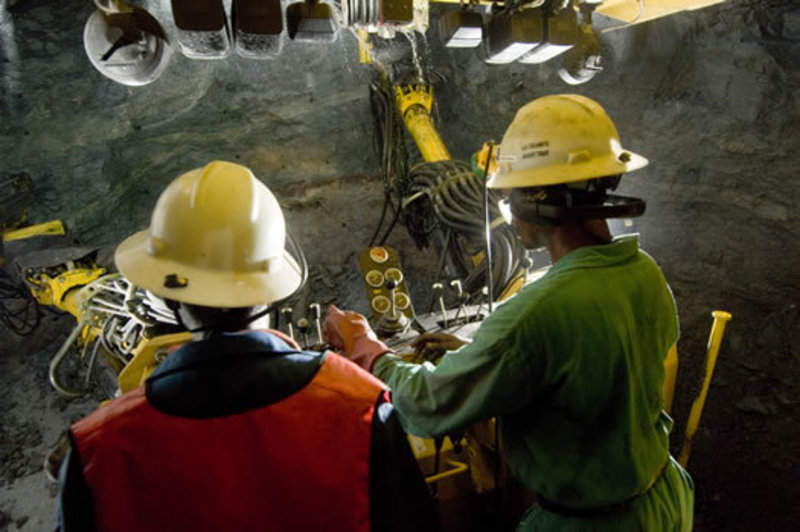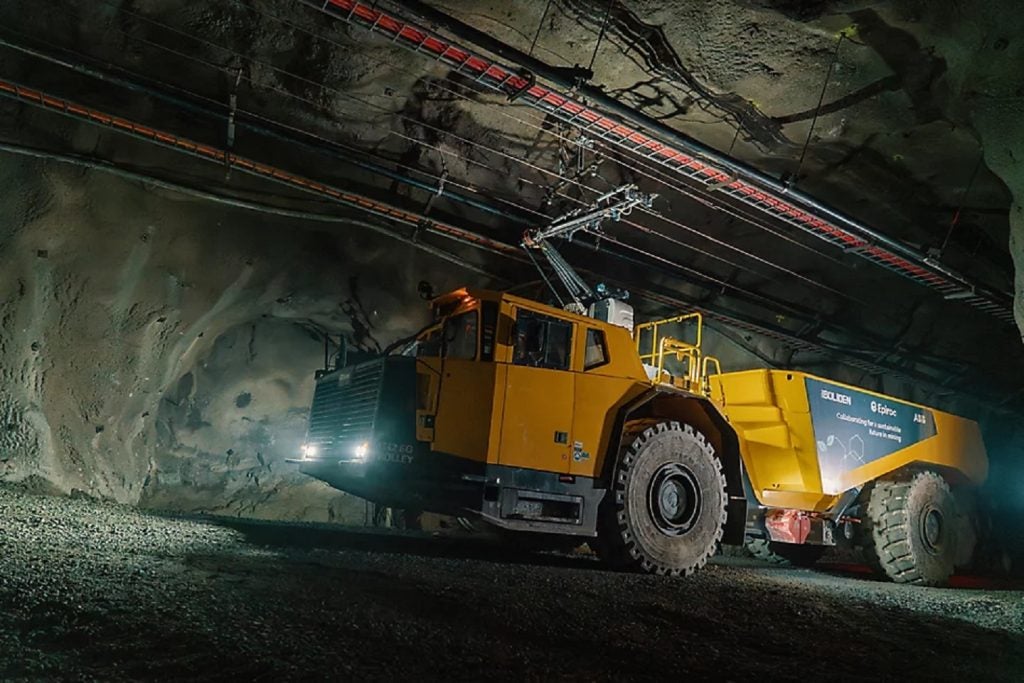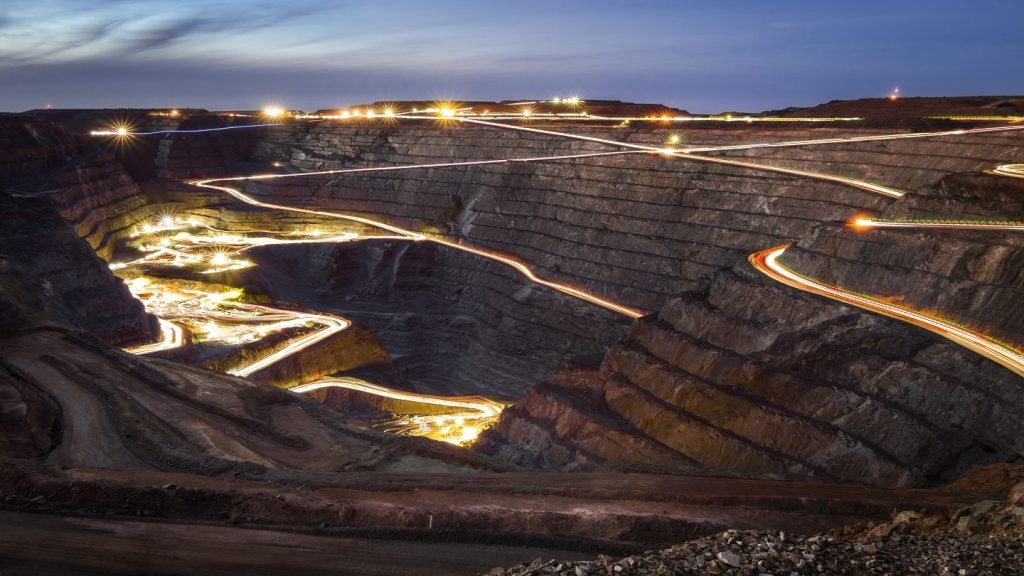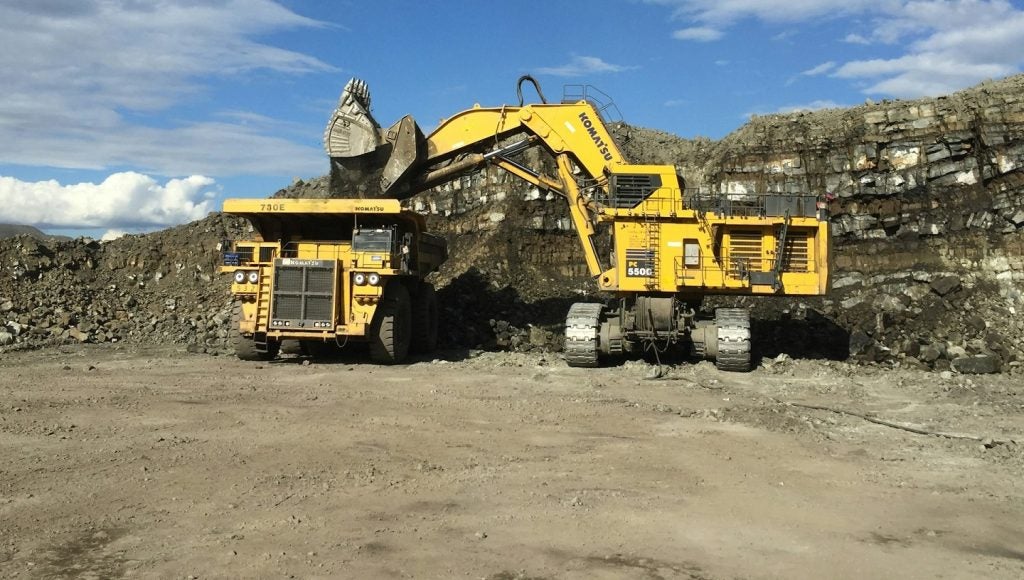
Kamoto Copper Company (KCC), a 75%-owned operating subsidiary of Katanga Mining, is set to temporarily halt the sale of cobalt at its Kamoto mine in the Democratic Republic of the Congo (DRC) following the detection of radioactivity in supplies.
Katanga is majority owned by Swiss trader and miner Glencore and accounts for around 25% of the company’s African cobalt production, according to Bloomberg.
The company disclosed that the amount of uranium detected in the cobalt hydroxide produced at the project is higher than levels acceptable for export of the product.
However, the company added that the levels of radioactivity detected in the uranium do not pose health and safety risks.
The suspension of sales has so far impacted 1,472t of finished cobalt, but is not expected to affect the production of cobalt at the Kamoto mine.
How well do you really know your competitors?
Access the most comprehensive Company Profiles on the market, powered by GlobalData. Save hours of research. Gain competitive edge.

Thank you!
Your download email will arrive shortly
Not ready to buy yet? Download a free sample
We are confident about the unique quality of our Company Profiles. However, we want you to make the most beneficial decision for your business, so we offer a free sample that you can download by submitting the below form
By GlobalDataIn a statement, Katanga Mining said: “The company is currently conducting additional surveys to identify the source of the uranium and exploring various options to mitigate the impact of the sales suspension.”
KCC is planning to construct an Ion Exchange system at a cost of around $25m to remove uranium from cobalt produced at the project.
Anticipated to be commissioned by the end of the second quarter of next year, the Ion Exchange system will process the extracted cobalt.
Following the commissioning, the company will work towards processing and selling the cobalt stored on site before the end of the fourth quarter of next year.
Katanga also said: “The temporary suspension of cobalt sales during the construction of the Ion Exchange system is expected to negatively impact revenue of Katanga during the fourth quarter of 2018 and the first and second quarters of 2019.”
The mining complex operated by Katanga is engaged in the production of refined copper and cobalt.
The company’s assets include the Kamoto underground mine and KOV open-pit mine, as well as a concentrator and a metallurgical plant.







